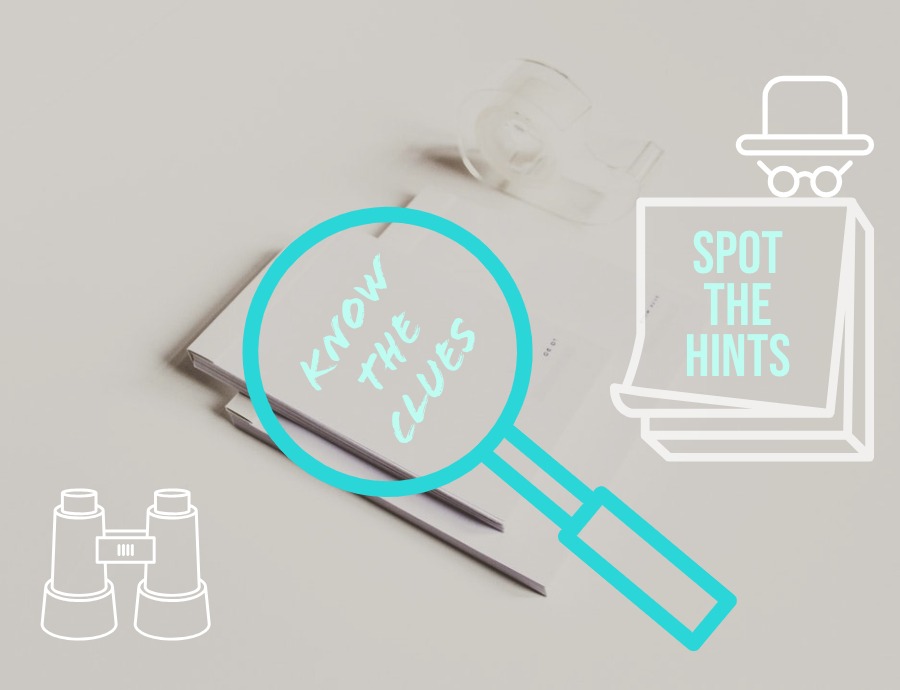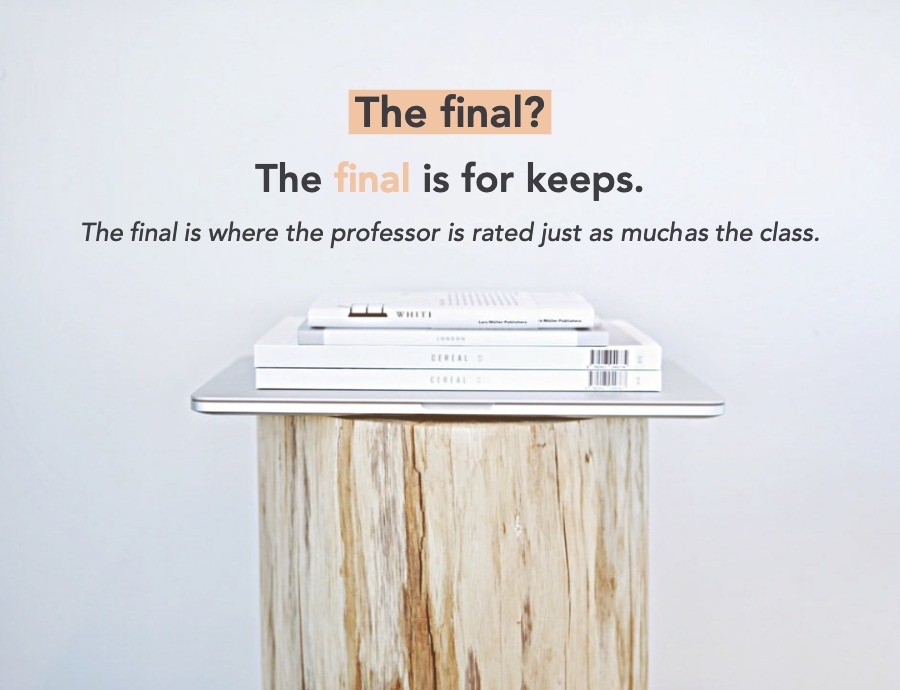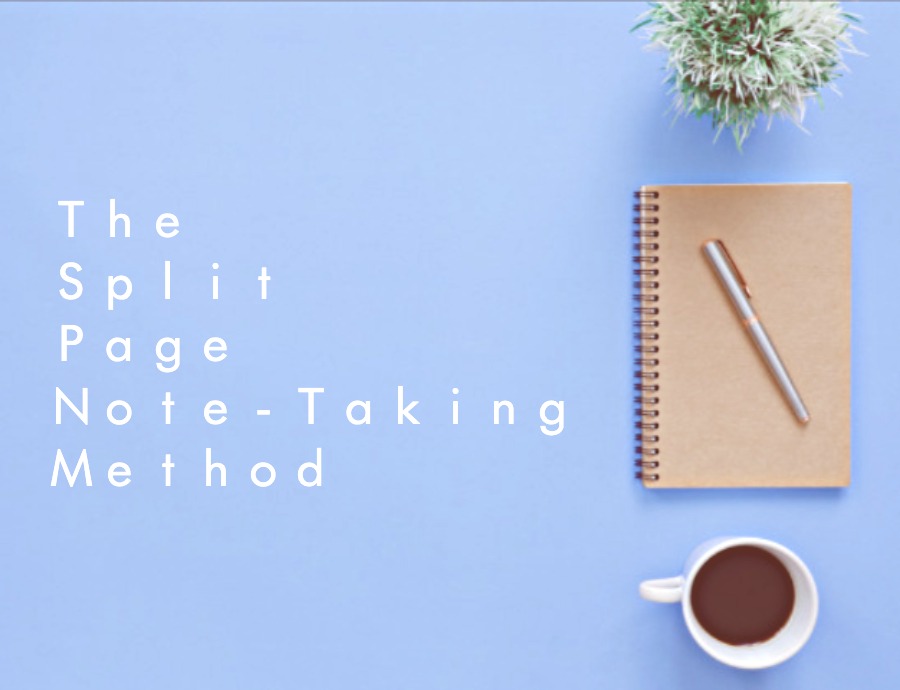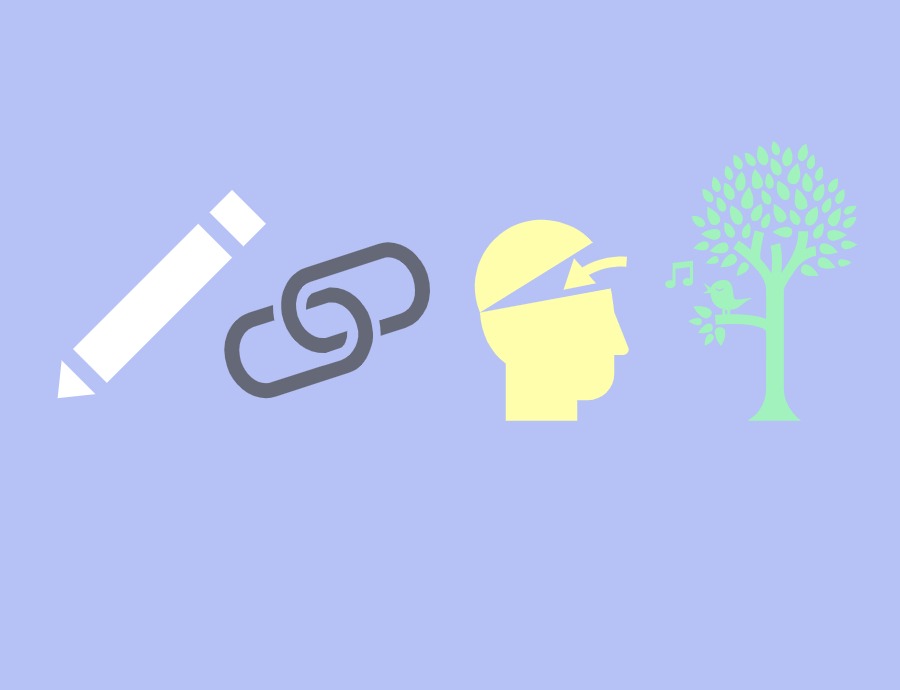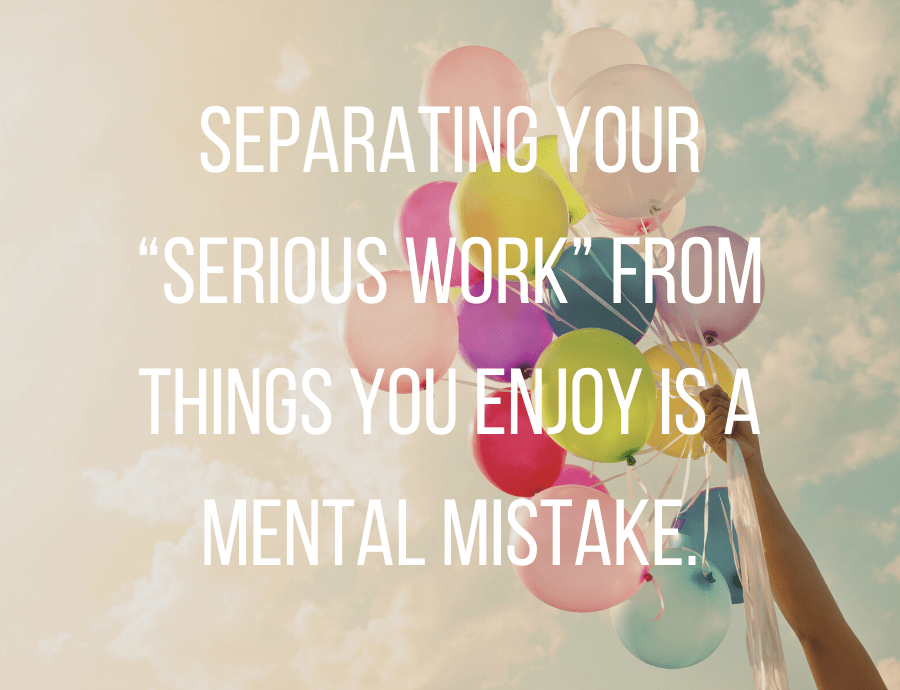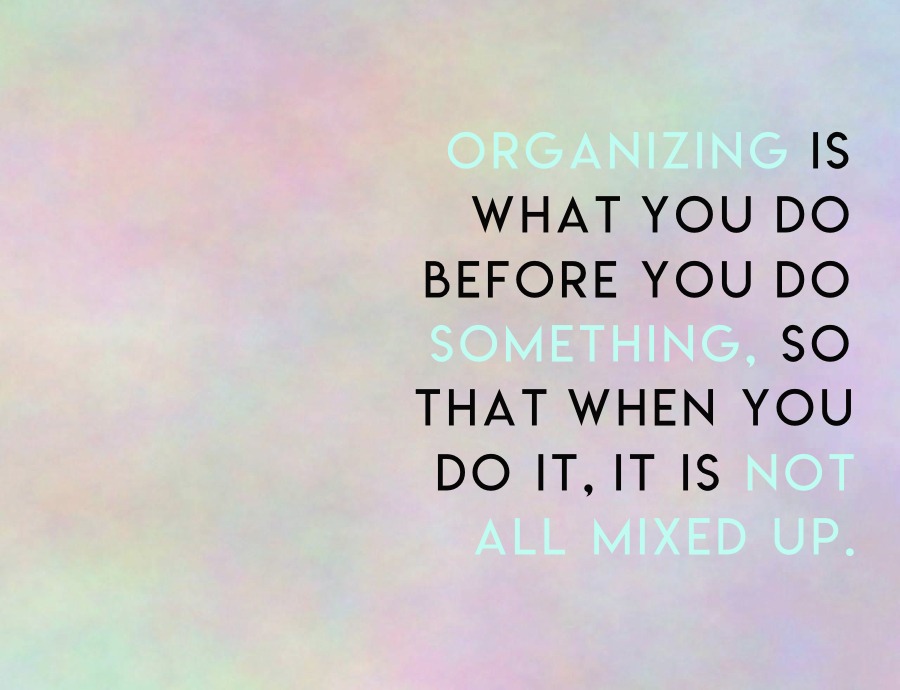You can’t write down everything your professors say. In fact, you shouldn’t even try. If you take too many notes, then you’ll just get bogged down by the extra material as you study. The trick is to prioritize as you go and to write down only the most important material. You get bonus points for determining what will be on tests and exams, and circling that material to look at more closely later.
That’s all easier said than done, of course. It hinges on looking out for non-verbal indicators, like body language and eye contact, and on listening for repetition and red-flag words. Here are some tips that might help.
There are many reasons to be plugged in while watching and listening to lectures, and one of the major ones is that professors give themselves away on a regular basis. They often let slip what will be on tests and exams. It’s your job to figure out their tells, to write it down right away, and to give yourself every opportunity to study smart. Another way to study smart is to get a competitive edge. Check out Prep101.
That’s all easier said than done, of course. It hinges on looking out for non-verbal indicators, like body language and eye contact, and on listening for repetition and red-flag words. Here are some tips that might help.
- Watch eye contact. Is your professor looking down at his or her hands, or looking out the window? Or is your professor making a point to make eye contact with students as he or she speaks? If your professor is really looking at students, and really emphasizing all points, then there’s a good chance that the material is important.
- Watch hand gestures and body movement. Body language is a key aspect to all communication, but it’s especially important in teaching. Watch for the three gestures that indicate that the subject matter is particularly important: watch for when your professors point, circle their hands, or clench their fingers into a ball. Recent studies have proven that those three gestures indicate that the speaker finds the material important.
- Listen to tone of voice. Is your professor changing his or her tone of voice to “punch” the point? Is your professor speaking more slowly, more loudly, stressing certain words? If so, write it all down, and consider putting a star in the margin. It’s probably quite important.
- Listen for special indicator words. Listen for red-flag words such as “in conclusion,” “therefore,” “most importantly,” etc. These words generally mean that the information that follows should be noted.
- Listen for pauses. Pay attention when professors slow down or stop to give you time to write. The material they’ve just covered means enough to them that they want you to record it. In this instance, taking notes isn’t enough. You should underline, or draw stars in the margins. Bring your attention to the information when you look at your notes later.
- Look out for repetition. Professors generally want their students to succeed. If information is important, they’ll often repeat it. Unimportant details rarely get the same treatment. Write down and star or circle anything that you hear more than once.
- Watch for examples and illustrations. If your professors are taking extra time to make sure that you understand a certain point, then you can bet that the subject matter is important.
- Listen for the obvious stuff. Often, professors will come right out and tell you that the material covered will be on tests and exams. Make sure that you write it down when they do. Write a note in the margin immediately – don’t expect yourself to remember later.
There are many reasons to be plugged in while watching and listening to lectures, and one of the major ones is that professors give themselves away on a regular basis. They often let slip what will be on tests and exams. It’s your job to figure out their tells, to write it down right away, and to give yourself every opportunity to study smart. Another way to study smart is to get a competitive edge. Check out Prep101.

